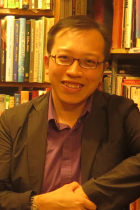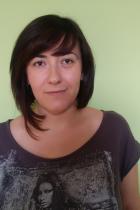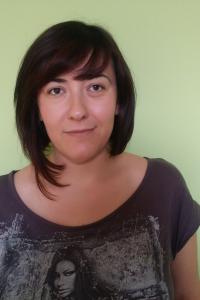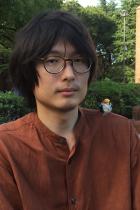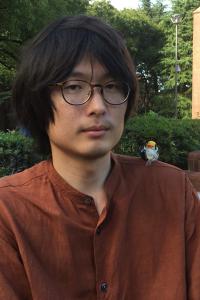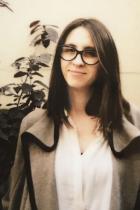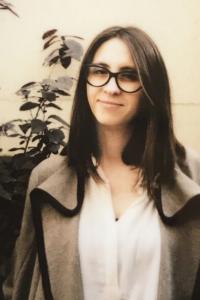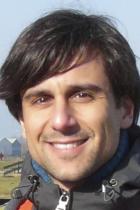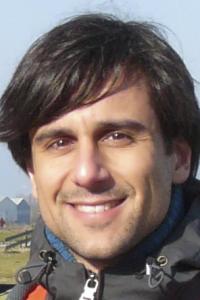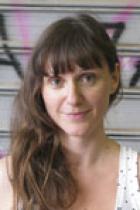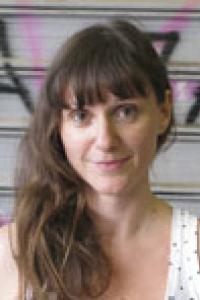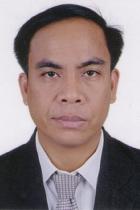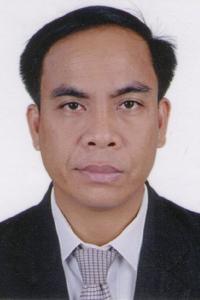Simon Li
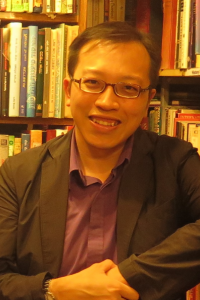
Simon K. Li is the Executive Director of the Hong Kong Holocaust and Tolerance Centre. He has researched and taught about upstanders and the broad category of bystanders for a variety of organizations including the Anne Frank House (The Netherlands), Facing History and Ourselves (USA), Yad Vashem (Israel), Taipei Women’s Rescue Foundation (Taiwan), the Shanghai Jewish Refugees Museum (China), and the Red Cross (Hong Kong). His doctoral research examines ordinary citizens’ use of private probes as strategic resistance against bureaucratic cover-ups. In addition to these academic pursuits, he is the co-host of a weekly Cantonese-language history radio program on historical archives and declassified records with the former Director of the Government Records Service of Hong Kong. Previously an investigative journalist and broadcaster, he was a summer host of the Canadian Broadcasting Corporation’s flagship morning current affairs radio program The Current. As a Historical Dialogue & Accountability Fellow at Columbia University’s Institute for the Study of Human Rights, Simon will be investigating the forgotten Chinese victims in the Holocaust, in the hope of uncovering their buried World War II history and contributing to making sure that this memory does not die.






